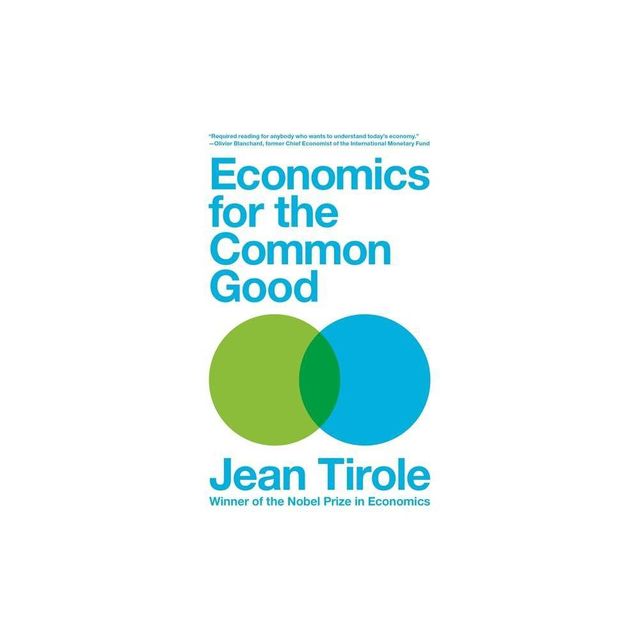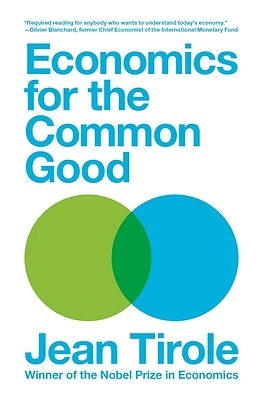Home
Reforming Capitalism for the Common Good: Essays in Institutional and Post-Keynesian Economics
Loading Inventory...
Barnes and Noble
Reforming Capitalism for the Common Good: Essays in Institutional and Post-Keynesian Economics
Current price: $166.00


Barnes and Noble
Reforming Capitalism for the Common Good: Essays in Institutional and Post-Keynesian Economics
Current price: $166.00
Loading Inventory...
Size: OS
*Product Information may vary - to confirm product availability, pricing, and additional information please contact Barnes and Noble
This book of selected essays presents constructive analyses of vital economic problems confronting the United States since the 1970s, giving special attention to challenges facing working families. The analyses, produced by Charles Whalen over three decades, address the causes and consequences of macroeconomic instability, job offshoring, community economic dislocation, financialization, and income inequality. They also explore the various dimensions of worker insecurity and underscore the dynamics of an ever-changing economy. The result is a compelling case for reforming capitalism by addressing workers’ interests as an integral part of the common good, and for reconstructing economics in the direction of post-Keynesian institutionalism.
Whalen’s reformist approach builds not only on the institutional economics of John R. Commons, but also on the post-Keynesianism of Hyman Minsky, who stressed that society should be democratic and humane. To that end, the book gives attention to policy-making processes as well as policy details.
Scholars and students of economics and labor studies will appreciate the incisive analyses and real-world focus. Historians and economic sociologists will be interested in the book’s attention to the evolution of US capitalism; and policy analysts and concerned citizens will welcome its emphasis on economic reform and optimistic vision for our economic future.
Whalen’s reformist approach builds not only on the institutional economics of John R. Commons, but also on the post-Keynesianism of Hyman Minsky, who stressed that society should be democratic and humane. To that end, the book gives attention to policy-making processes as well as policy details.
Scholars and students of economics and labor studies will appreciate the incisive analyses and real-world focus. Historians and economic sociologists will be interested in the book’s attention to the evolution of US capitalism; and policy analysts and concerned citizens will welcome its emphasis on economic reform and optimistic vision for our economic future.


















